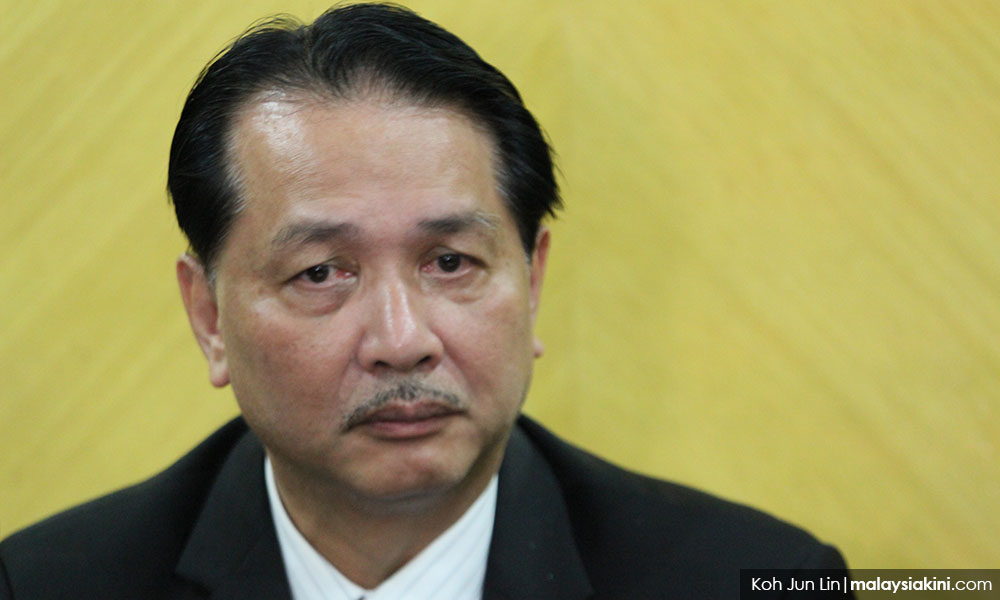The latest case of polio in Sabah is linked to a polio outbreak in the southern Philippines, says the World Health Organisation (WHO) and Unicef.
This was confirmed following tests at WHO’s Regional Polio Reference Laboratory in Melbourne, Australia.
“Testing has confirmed that the virus is genetically linked to the poliovirus currently circulating in the southern Philippines,” they wrote in a joint statement yesterday.
Southern Philippines had declared a polio outbreak on Sept 19, 2019.
Poliomyelitis, commonly known as polio, is a highly infectious viral disease that mainly affects young children. It invades the nervous system and causes paralysis.
According to the WHO, the disease is transmitted from person-to-person primarily through the faecal-oral route or through contaminated water or food.
Polio is incurable and can only be prevented by immunisation.
The two global organisations noted that the particular strain of polio that infected a three-year-old boy from Tuaran only occurred when one was under-immunised.
“The case of polio from Sabah is a rare strain of poliovirus called circulating vaccine-derived polio (cVDPV) Type 1.
“These polioviruses only occur if a population is seriously under-immunised,” they said.
WHO added that it was “deeply concerned” about the case, Malaysia’s first instance of polio in 27 years.
Unicef said it was willing to assist the Health Ministry in response efforts, especially in ensuring that all children are adequately vaccinated against the infectious disease.

Yesterday, Health Ministry director-secretary Dr Noor Hisham Abdullah (above) announced that the toddler has since been admitted to the Intensive Care Unit.
He also said that an investigation showed that 23 out of 199 children aged between two months and 15 years old who lived in the area where the case was discovered, were not vaccinated.
Vaccinations were now being done, he stressed.

